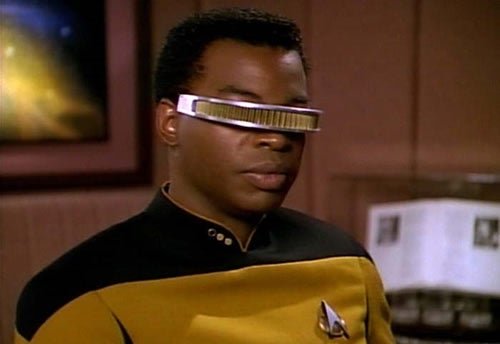My team recently made the decision to not have QA role as part of experience engineering. There were a lot of complains on increased workload and not wanting to do testing, including some valid reasoning around testing not being an area of expertise.
I’ve heard similar complaints when we spoke about creating dashboards and alerts for observability — “backend crap”. When I was a manager a while back, I even had someone in my team tell me he can’t work without a TPM writing the requirements down in the card. Requirements gathering is apparently not part of the job.
I recognise that there is discomfort in breaking out of what we are good at. Being a coder, there is a level of certainty to what we do. To think about customer behaviours and ways to break a system is adding uncertainty. There is a lot of resistance to do what needs to be done. Everyone likes to stick to their lanes.
Unfortunately, hard boundaries make for shit software products. People learn to stop asking why things are done/made a certain way. A level of disengagement sets in. Boundaries take people away from what matters the most: having [customer] outcomes.
I was trying to explain this recently with the metaphor of a car crash. Maybe this will resonate.
Imagine you are in the passenger seat of a car. Your friend is driving you back from a day at the beach. Beating sun and the long drive has made him tired. You aren’t much of a confident driver, so you can’t really offer to help. Tired eyes give way and your friend falls asleep at the wheel. You try to wake them up but Morpheus has trapped him in the land of dream.
What do you do?
Do you say, “not my area of expertise” and watch yourself go hurling into a sidewall? It would be pretty sensible to grab the steering wheel and find a way to get both of you to safety.
This is what most work is like. We constantly have to go out of our comfort zones to make outcomes happen. That is the entire value of an engineer… they solve the necessary problems to make outcomes happen.
2 things to leave you with:
- When you hire for a team, mix experts with generalists.
- Explain to everyone that in your team, they’ll have to step out of their comfort zone to make things happen. That they are expected to solve problems no matter where it takes them.


Leave a Reply